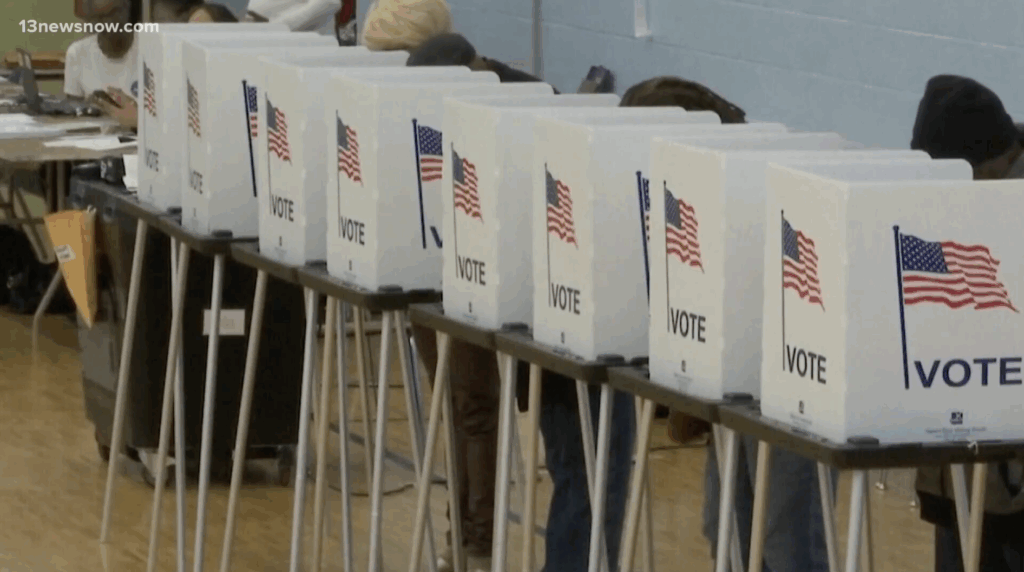The RNC’s election integrity team continues to build on its 2024 election protection campaign, expanding training, strategy and on-the-ground presence to safeguard ballots and boost voter confidence. This piece looks at how the effort is scaling, the tactics being prioritized, and why Republican leaders see this as essential to fair contests. Expect concrete examples of training, legal readiness, technology use and volunteer mobilization across key states.
Republicans view election security as a core responsibility, and the RNC’s effort reflects that priority. Teams are focusing on recruiting and preparing poll watchers who know the rules and can spot irregularities without escalating tensions. That emphasis on disciplined, informed volunteers aims to keep elections calm and lawful while protecting every valid vote.
Training is a major investment, with regular drills, simulated scenarios and emphasis on chain-of-custody procedures for ballots and equipment. Volunteers are taught how to document issues, when to call legal counsel and how to interact with election officials. The goal is to create a consistent, reliable presence that reduces confusion and prevents avoidable problems on election day.
Legal preparedness is another front where resources are concentrated, with rapid-response teams standing by to address disputes and preserve evidence. Those teams work with local counsel in multiple states to ensure filings happen quickly and correctly. The Republican perspective here is simple: be ready to defend the process and ensure courts see accurate records if challenges arise.
Technology and data play an increasing role in modern election protection, from monitoring voter rolls to tracking ballot status and equipment logs. The RNC is investing in tools that flag anomalies and help allocate observers where they can be most effective. That technical backup helps volunteers and lawyers move faster when something appears off, and it creates a clearer audit trail afterward.
Focus on battleground states remains intense because small shifts there determine national outcomes. Teams are concentrating resources in counties where past issues surfaced or where processes are complex and prone to confusion. By targeting hotspots, the campaign hopes to prevent disputes that can drag on and erode public trust in results.
Ballot chain-of-custody and signature verification are frequent talking points because they resonate with voters’ common-sense expectations. Republicans argue that transparent handling and clear signature standards reduce risk and strengthen legitimacy. Advocates say consistent rules, applied evenly, keep the system fair and make post-election audits straightforward.
Outreach to election officials and local leaders is part of the strategy, even while the RNC pushes for more uniform standards across states. Building relationships helps solve problems before they escalate and makes cooperation on training and procedures more likely. Still, when rules are unclear or enforcement is uneven, Republican teams say they will step in to protect voters’ rights.
The campaign also emphasizes communication with the public to counter confusion and misinformation, with clear explainers on what observers can and cannot do. That transparency aims to calm nerves and shield genuine concerns from being dismissed as partisan noise. For Republicans, the bottom line is straightforward: secure processes, visible safeguards and a readiness to defend the integrity of the vote.



